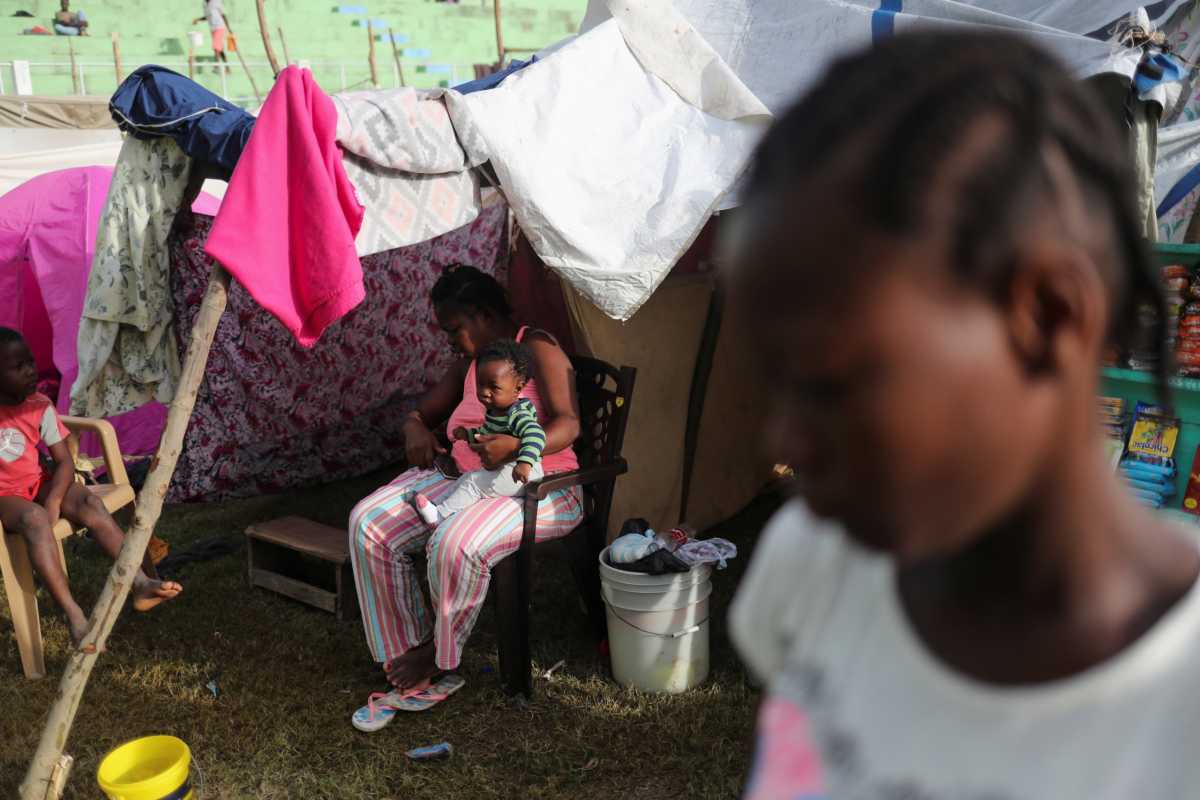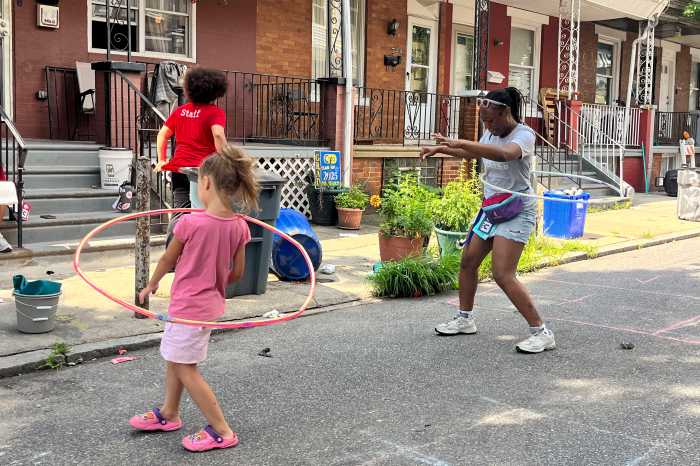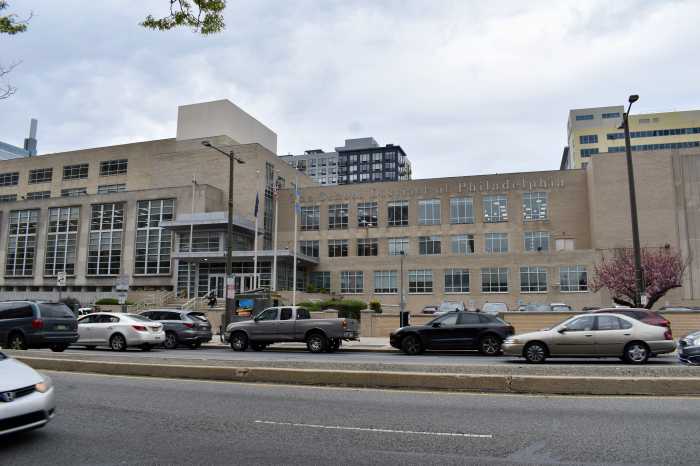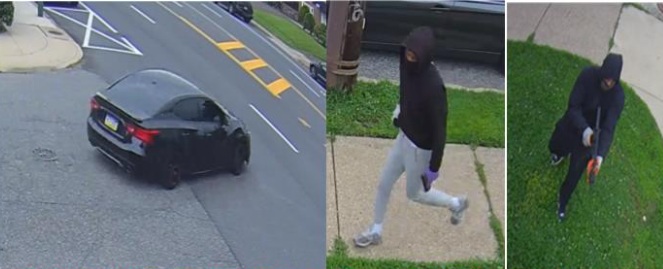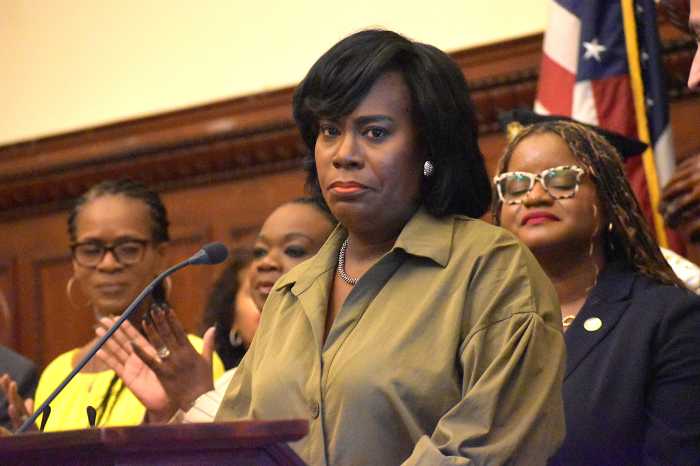By Laura Gottesdiener
Haitians left homeless by a calamitous earthquake that killed about 2,000 people were on Wednesday increasingly angry at the slow pace of government aid efforts after spending a fourth night in the open, many without clean water and food.
Prime Minister Ariel Henry, who flew to visit the worst-affected town of Les Cayes in southwest Haiti soon after Saturday’s quake of magnitude 7.2, had praised the dignity shown by survivors and promised a rapid escalation of aid.
But following another night of rains, residents in Les Cayes, including those camped in a mushrooming tent city in the center of the town, complained of scant help on the ground.
Pierre Cenel, a local judge in Les Cayes, aimed his ire at the government in Port-au-Prince, echoing the bubbling frustration in the hardest-hit regions.
“As a judge, I must not have a political opinion. But as a man, as a man concerned about the situation of my country, nothing is working. They didn’t do anything to prepare for this disaster,” Cenel said in downtown Les Cayes.
On Wednesday morning, four U.S. Coast Guard helicopters landed in Les Cayes, bringing patients from more remote areas for treatment, according to an airport worker. The United States has dispatched humanitarian supplies as well as search and rescue teams to Haiti.
Latin American countries such as Chile, Colombia, the Dominican Republic, Mexico, Panama and Venezuela have also sent food, medicine and supplies.
Puerto Rican authorities said they were sending more rescue workers and doctors who were expected to arrive on Wednesday.
In the fast-expanding tent city in Les Cayes, residents desperately pleaded for assistance. Aid workers have also warned about the risks of waterborne diseases, such as cholera.
“We need help,” said Roosevelt Milford, a pastor speaking on radio on behalf of the hundreds camping out in soggy fields since the quake destroyed their homes.
Milford and others complained that they lacked even the most basic types of aid, such as food, clean drinking water, and shelter from the rain.
In a country with high levels of violent crime, residents had set up their own security teams to keep watch at night, paying particular attention to the safety of women and girls, he added.
Tropical Storm Grace, which sloughed across southern Haiti earlier this week, had swept away many shelters and inundated the field, adding to the misery.
Security concerns about the gang-controlled areas on the route from the capital Port-au-Prince, as well as quake damage to some roads, have slowed access to some of the worst-affected zones difficult for aid and rescue teams.
The U.N. Office for the Coordination of Humanitarian Affairs said on Tuesday that successful negotiations with armed groups had permitted a humanitarian convoy to reach Les Cayes. Media said a truce had been agreed with the gangs.
Jerry Chandler, the head of Haiti’s Civil Protection Agency, which handles emergency response, said the government was now sending aid to affected areas by land. In the first days after the quake, many medics and aid workers had rushed in by plane.
However, flash flooding and landslides in the wake of Tropical Storm Grace, which swept past Jamaica by Tuesday afternoon, worsened the difficulties of reaching remote communities.
Authorities said on Tuesday that the earthquake had killed at least 1,941 people, but with rescuers still pulling bodies from the rubble the tally looks set to rise.
Reuters



